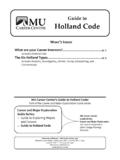Transcription of Teacher Freedom of Expression - pearsoncmg.com
1 C h a p t e r 4. Teacher Freedom of Expression Academic Freedom , Association, Appearance, and Copyright T he Supreme Court has ruled that public school teachers have a right to Freedom of Expression . However, no right is absolute. Therefore, this chapter examines the scope and limits of teachers' Freedom of speech in and out of school, Freedom of association, how they can protect their creative Expression , and when schools can regulate educators' personal appearance. 51 5/17/2007 7:46:34 AM. 52. Controversial Expression Out of Class Can Teachers Criticize School Policy? The Pickering Case Marvin Pickering was an Illinois high school Teacher who published a sarcastic let- ter in the local newspaper criticizing the way his superintendent and school board raised and spent school funds and the totalitarianism teachers live in.
2 Angered by the letter, the board fired Pickering because the letter contained false statements, damaged the professional reputations of administrators, and was detrimental to the .. administration of the schools. Pickering argued that his letter should be protected by his right to free speech, and the Supreme Court agreed. The Court found that Pickering's criticism of the way administrators raised and allocated funds was not directed toward people Pickering normally worked with and raised no question of student discipline or harmony with coworkers. Therefore, the Court unequivocally rejected the board's position that critical public comments by a Teacher on matters of public concern may be grounds for dismissal.
3 On the contrary, because teachers are likely to have informed opinions about how school funds should be spent, it is essential that they be able to speak out freely on such questions without fear of retaliatory dismissal. 1. Could Pickering Be Fired If His Statements Were Not Accurate? Not in this case, because his incorrect statements were not intentional and did not impede his teaching or interfere with the operation of the school. Therefore, the Court concluded that absent proof of false statements knowingly or recklessly made by him, a Teacher 's exercise of his right to speak on issues of public impor- tance may not furnish the basis for his dismissal.
4 Can Teachers Ever Be Disciplined for Publicizing Their Views or Criticizing Immediate Superiors? Yes. According to the Pickering decision, there are some positions in education in which the need for confidentiality is so great that even completely correct public statements might be grounds for dismissal. For example, a judge upheld the punishment of a guidance counselor for unprofessional disclosures of confi- dential information about a student's sexual orientation. In addition, some public criticism of an immediate superior by a Teacher that seriously undermined their working relationship might justify appropriate discipline.
5 On the other hand, a court protected a Texas Teacher who testified before the Dallas School Board about the inability of his principal and coworkers to deal with multiracial student chapter 4. 52 5/17/2007 7:46:34 AM. 53. bodies. The judge ruled that, in this case, society's interest in information con- cerning the operation of its schools outweighs any strain on the Teacher -principal relationship. 2 Furthermore, teachers cannot be punished for communicating directly with their school board about matters of public concern rather than going through the chain of command. Is Private Criticism Protected? It depends on the circumstances.
6 The Supreme Court has extended the Pickering ruling to apply to private as well as public criticism, and it protected a Teacher who complained to her principal about her school's racially discriminatory practices. However, a court upheld the dismissal of a Teacher who told her black principal, I. hate all black folks. In this case, the school's interest in employing effective edu- cators outweighed the Teacher 's free speech Concerning confrontations between teachers and immediate superiors, judges consider the time, place, and manner of the confrontation when balancing the rights in conflict. Are Teachers' Personal Complaints Protected by the First Amendment?
7 No. According to the Supreme Court, when a public employee speaks not as a cit- izen upon matters of public concern, but instead as an employee upon matters only of personal interest courts will not review the public agency's disciplinary deci- In Illinois, for example, a court wrote that a series of unprofessional and in- sulting memoranda to school officials were not protected because the Teacher was not speaking as a citizen concerned with educational problems but was expressing his own private disagreement about policies he refused to Similarly, a court did not protect a Teacher 's letters that complained about overcrowding in her classroom which she claimed was a safety hazard.
8 The court explained that, if the reason for the letters were a personal grievance, a passing reference to safety will not transform a personal problem into a matter of public When Are Teachers' Statements Protected as Matters of Public Concern? According to the Supreme Court, when they relate to any matter of political, social, or other concern to the community. 7 It also may depend on the statement's content, form, and context. For example, a judge protected a Chicago Teacher who was disciplined for criticizing her school's kindergarten program, which she claimed violated state standards. Since she presented her concerns and an Teacher Freedom of Expression 53 5/17/2007 7:46:35 AM.
9 54. alternative plan to parents and the school council as well as her principal, the judge ruled that her discussion of the program was truly a protected matter of public concern, not simply an unprotected complaint about her employment. 8. If a Teacher 's Statements Are about Public Concerns, Are They Always Protected? No. If a Teacher 's controversial statements are a matter of public concern, then judges will balance the Teacher 's right to discuss issues of public interest against the school's interest in efficiency. In a Rhode Island case, for example, the court ruled that the right of a Teacher to videotape health and safety hazards in her high school outweighed the administration's concern that the videotape would have a negative effect on the school's reputation.
10 According to the judge, First Amend- ment rights cannot be conditioned on whether the image of the school is adversely affected. Otherwise, wrote the court, a Teacher 's free speech rights would almost always be denied since a school administrator rarely challenges an employee's right to speak where the speech is complimentary. 9. On the other hand, teachers' public comments are not protected when judges consider the manner, content, and consequences of the Expression and conclude that the school's interest outweighs the Teacher 's. This occurred when a Chicago Teacher was fired for publishing several standardized, copyrighted tests to stir debate about the testing.
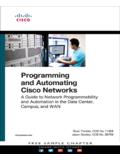
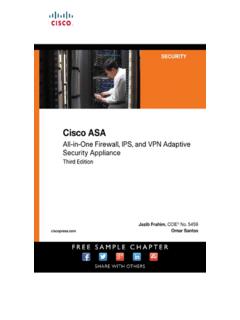

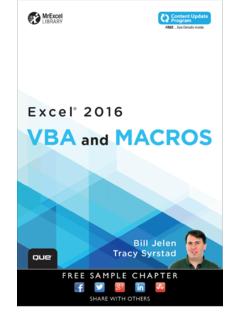
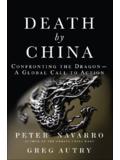
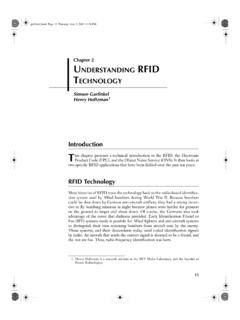
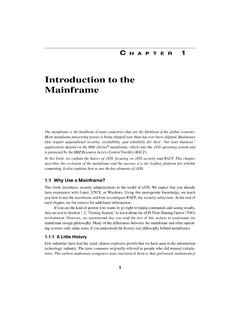
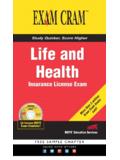
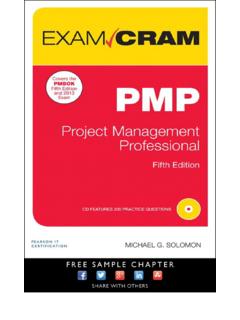
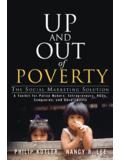


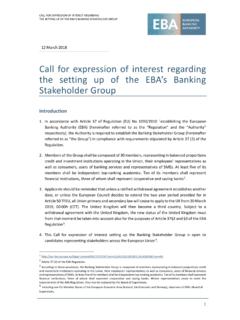
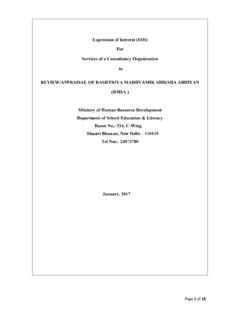


![SAMPLE ENGAGEMENT LETTER [Insert Date] - …](/cache/preview/b/7/1/6/6/4/c/9/thumb-b71664c9c20ac9a750829342b0a29cca.jpg)
